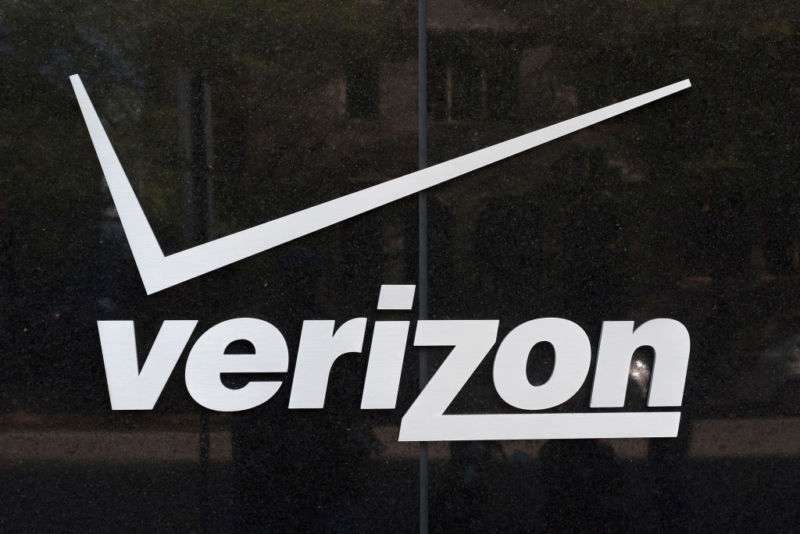
Verizon’s 5G promise: It won’t falsely claim 4G phones are really 5G

While AT&T pretends to kick off the 5G mobile era early by slapping a 5G network indicator on 4G phones, Verizon Wireless says it won’t be doing the same.
“[W]e’re calling on the broad wireless industry to commit to labeling something 5G only if new device hardware is connecting to the network using new radio technology to deliver new capabilities,” Verizon CTO Kyle Malady wrote in a blog post yesterday [emphasis theirs]. “Verizon is making this commitment today: We won’t take an old phone and just change the software to turn the 4 in the status bar into a 5. We will not call our 4G network a 5G network if customers don’t experience a performance or capability upgrade that only 5G can deliver.”
One would hope such a promise wouldn’t be necessary, but what Verizon described is exactly what AT&T has already done. This past weekend, AT&T started rolling out software updates to Android phones that change the network indicator from “4G” to “5G E.”
But 5G E (the “E” is for “Evolution”) isn’t 5G—it’s AT&T’s 4G LTE network. AT&T describes 5G E as a “runway to 5G,” but the only upgrades it includes are drawn from the years-old LTE-Advanced standard.
“We’re laying the 5G network foundation with 5G Evolution and LTE-LAA [License Assisted Access],” AT&T explained in April 2018. “In technology terms, that means we’re upgrading cell towers with LTE-Advanced features like 256 QAM, 4×4 MIMO, and 3-way carrier aggregation. These technologies serve as the runway to 5G by boosting the existing LTE network and priming it for the future of connectivity. We can enable faster speeds now, and upgrade to 5G when it’s ready.”
Verizon’s “5G” also has a caveat
Carriers including Verizon and AT&T caused similar confusion in the shift from 3G to 4G nearly a decade ago.
Despite chastising AT&T, Verizon has also adopted the 5G label for technology that doesn’t meet the industry 5G standard. Verizon recently started rolling out a 5G wireless home Internet service, but it’s based on Verizon’s own version of 5G rather than the 5G NR (New Radio) global standard.
Still, Verizon’s 5G home Internet seems like a real upgrade over Verizon 4G: Verizon’s early 5G uses 28GHz spectrum instead of the low-band spectrum used for 4G, and Verizon says its 5G home Internet can hit speeds of nearly 1Gbps. Network capacity is strong enough that Verizon says it isn’t imposing any data caps on the new service. Verizon 5G isn’t ready for mobile use yet, but it’s a bigger change than simply relabeling a 4G phone as 5G.




